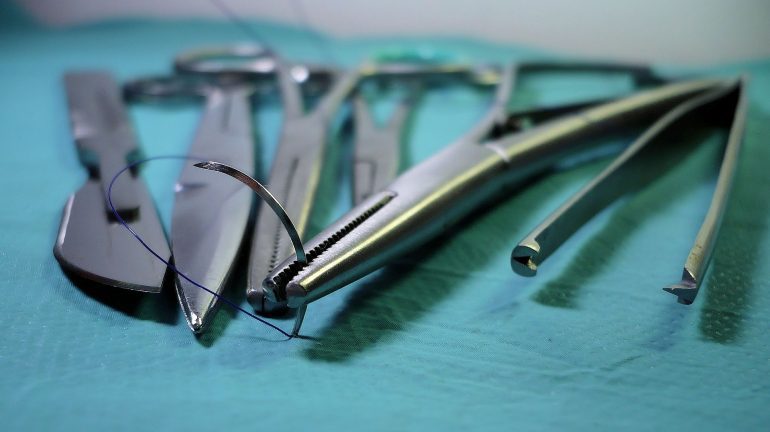- New Zealand researchers explore AI’s role in surgery enhancement.
- AI aids in real-time anomaly detection during procedures.
- Post-operative care facilitated, potentially easing healthcare strain.
- Dr. Chris Varghese highlights AI’s pivotal role in surgical planning.
- Automated algorithms assist in patient triage, optimizing healthcare access.
- Challenges include data privacy and ethical concerns.
- Autonomous robotic surgeons remain a distant goal.
Main AI News:
In a recent study from the University of Auckland, New Zealand researchers explore the transformative impact of artificial intelligence (AI) on surgical procedures. The study, featured in Nature Medicine, highlights the burgeoning field of AI-assisted surgery, particularly leveraging “computer vision” technology.
AI holds promise in revolutionizing surgery by aiding in the real-time identification of anomalies during procedures and facilitating post-operative care, potentially relieving strain on overwhelmed healthcare facilities. This innovative approach, according to the research, signifies a pivotal moment in medical digitalization, with AI tools rapidly evolving for medical applications.
Led by Dr. Chris Varghese from the Department of Surgery at the University of Auckland, the research team delves into the realm of computer vision, which encompasses machines’ comprehension of visual data, including videos and images. Dr. Varghese underscores the vast potential of AI in surgery, emphasizing its role in augmenting surgical planning through virtual and augmented reality technologies.
Dr. Varghese elucidates, “AI’s integration into surgery is a burgeoning frontier. It holds promise in discerning surgical intricacies, from organ recognition to optimal procedural approaches, potentially revolutionizing cancer resections and similar interventions.”
Moreover, AI is already making strides in healthcare management in New Zealand, with automated algorithms aiding in patient triage, ensuring timely access to care based on individual needs.
However, despite its transformative potential, the adoption of AI in surgery faces challenges, including data privacy concerns and ethical considerations. The report acknowledges clinicians’ reservations regarding the scope of AI in a field traditionally reliant on experiential knowledge.
While the prospect of autonomous robotic surgeons remains a distant goal, the study underscores the need for cautious integration of AI into surgical practice, balancing technological advancement with ethical and privacy considerations.
Conclusion:
The research findings from New Zealand underscore the transformative potential of AI in surgical practices. As AI continues to evolve, its integration promises enhanced surgical precision, streamlined healthcare management, and improved patient outcomes. However, the market must address challenges surrounding data privacy and ethics while cautiously navigating towards the eventual realization of autonomous surgical technologies.

